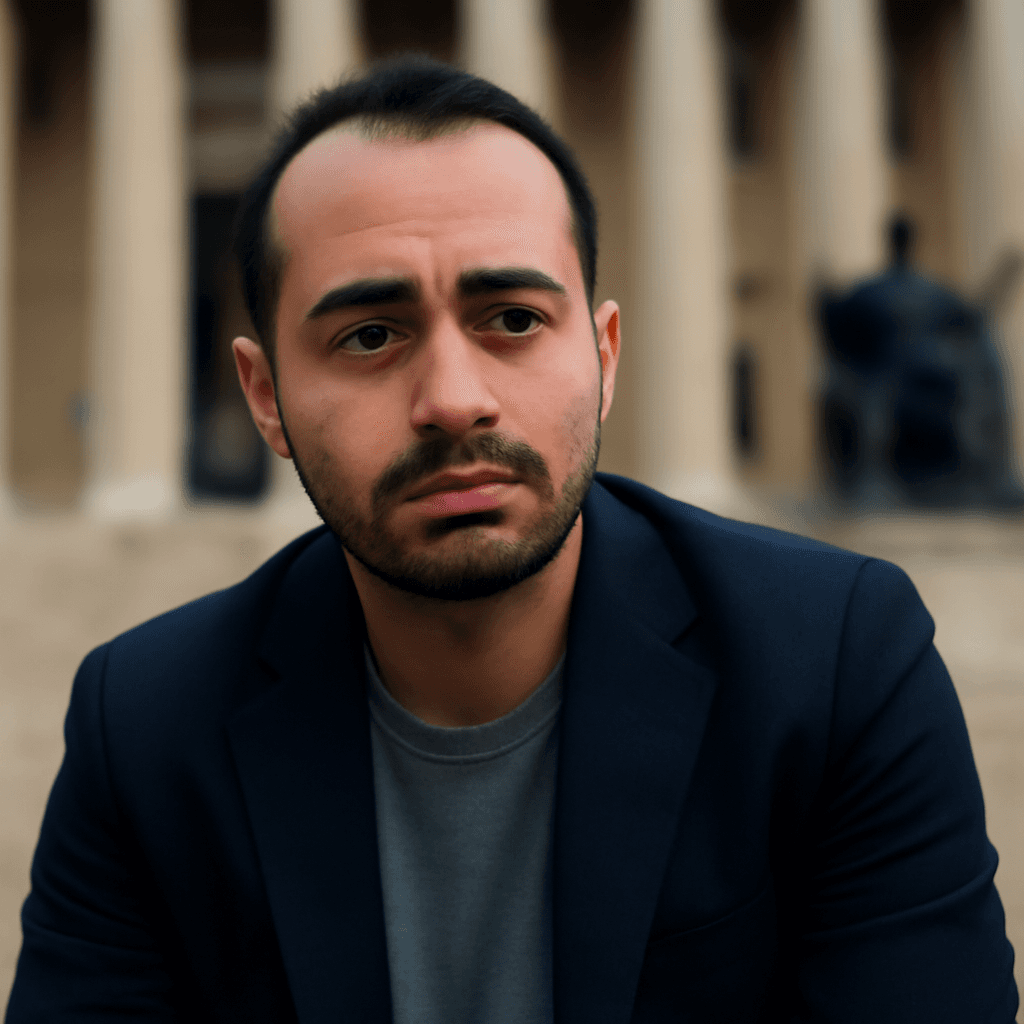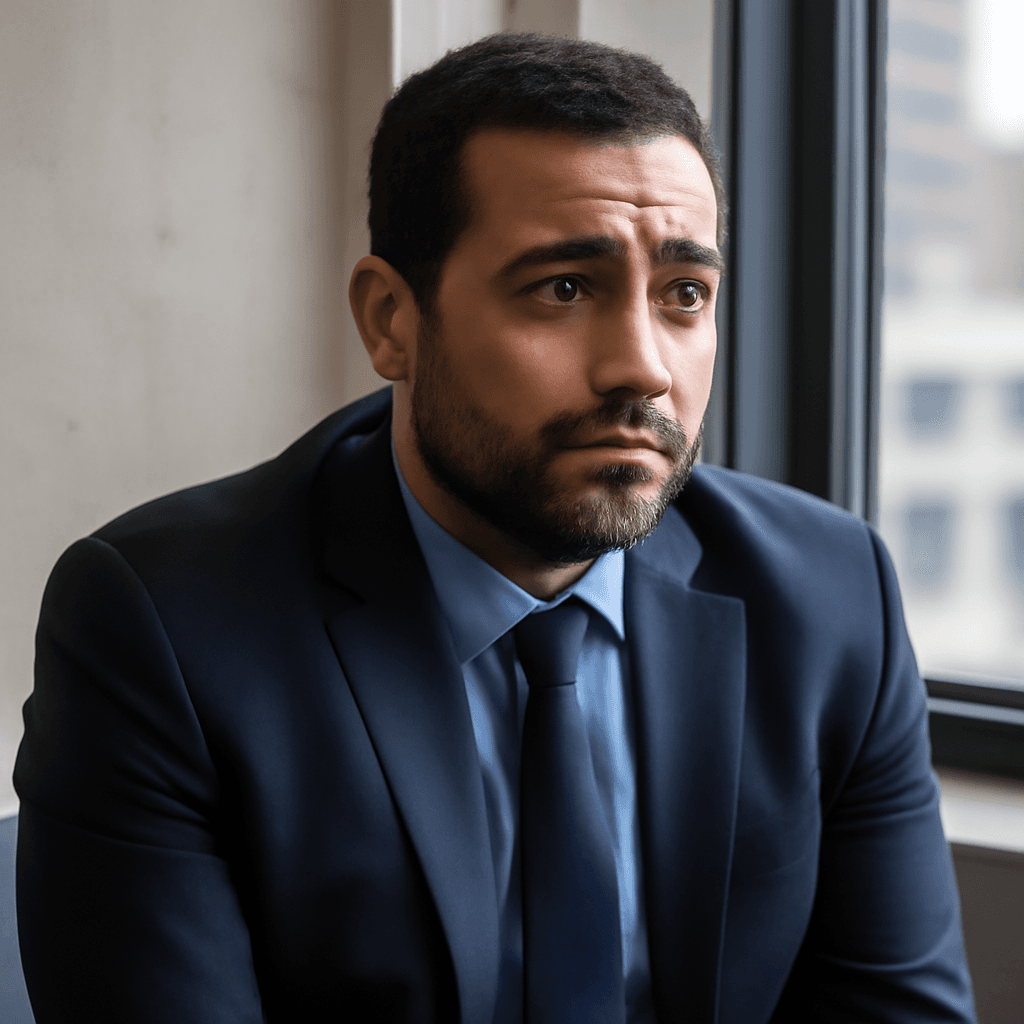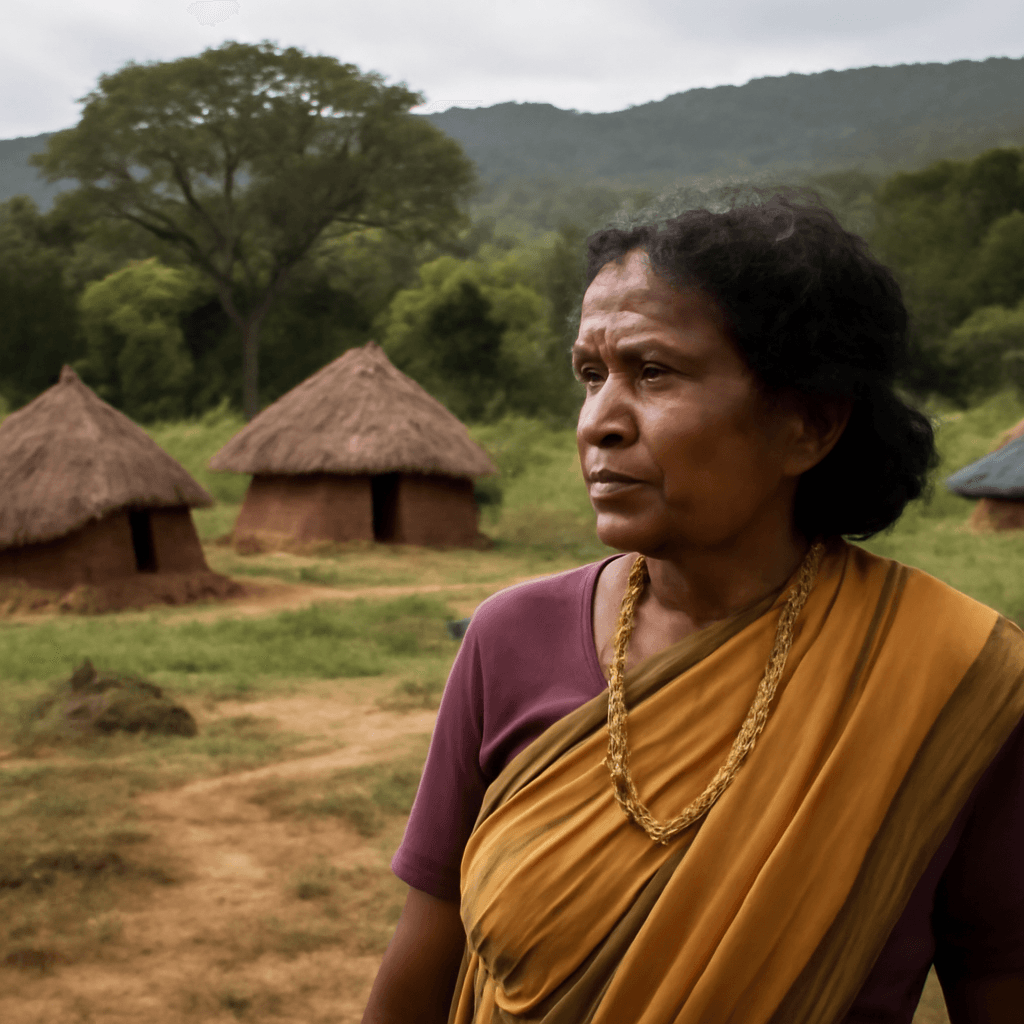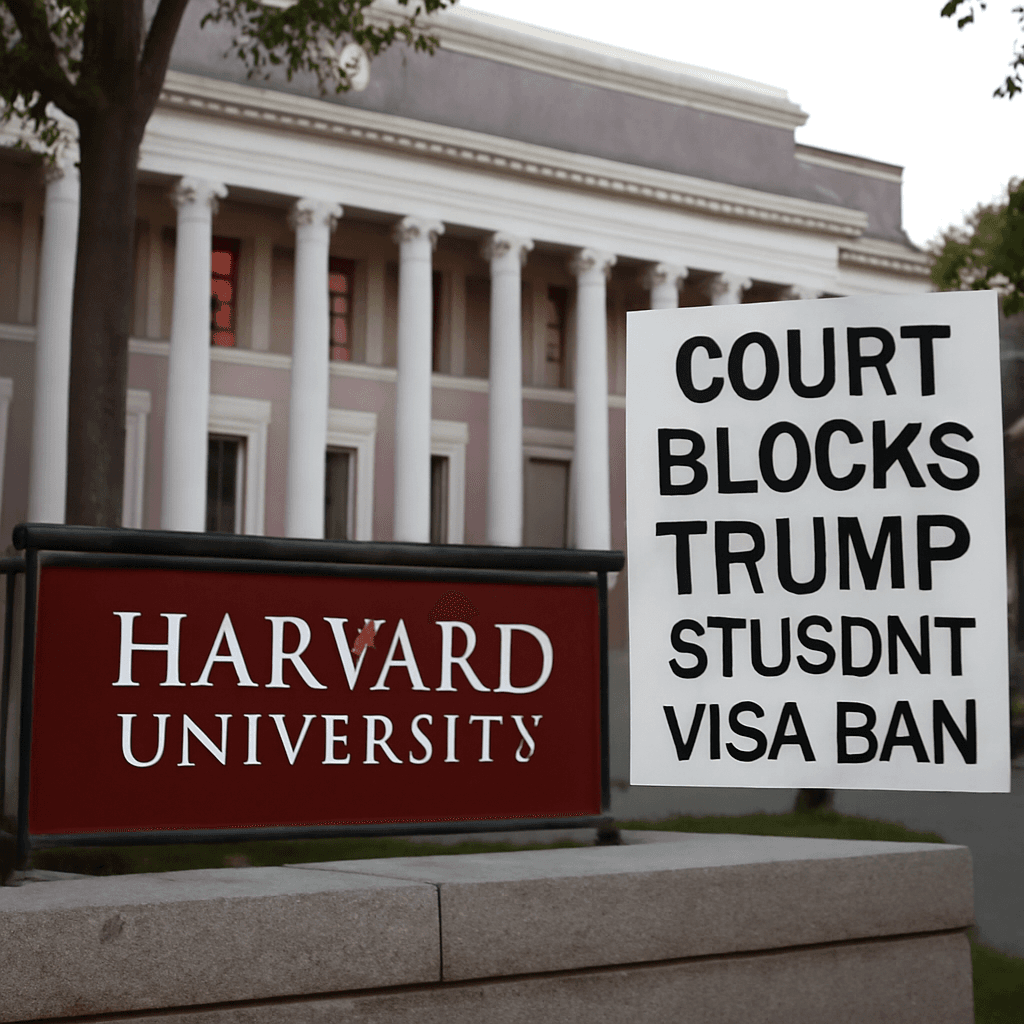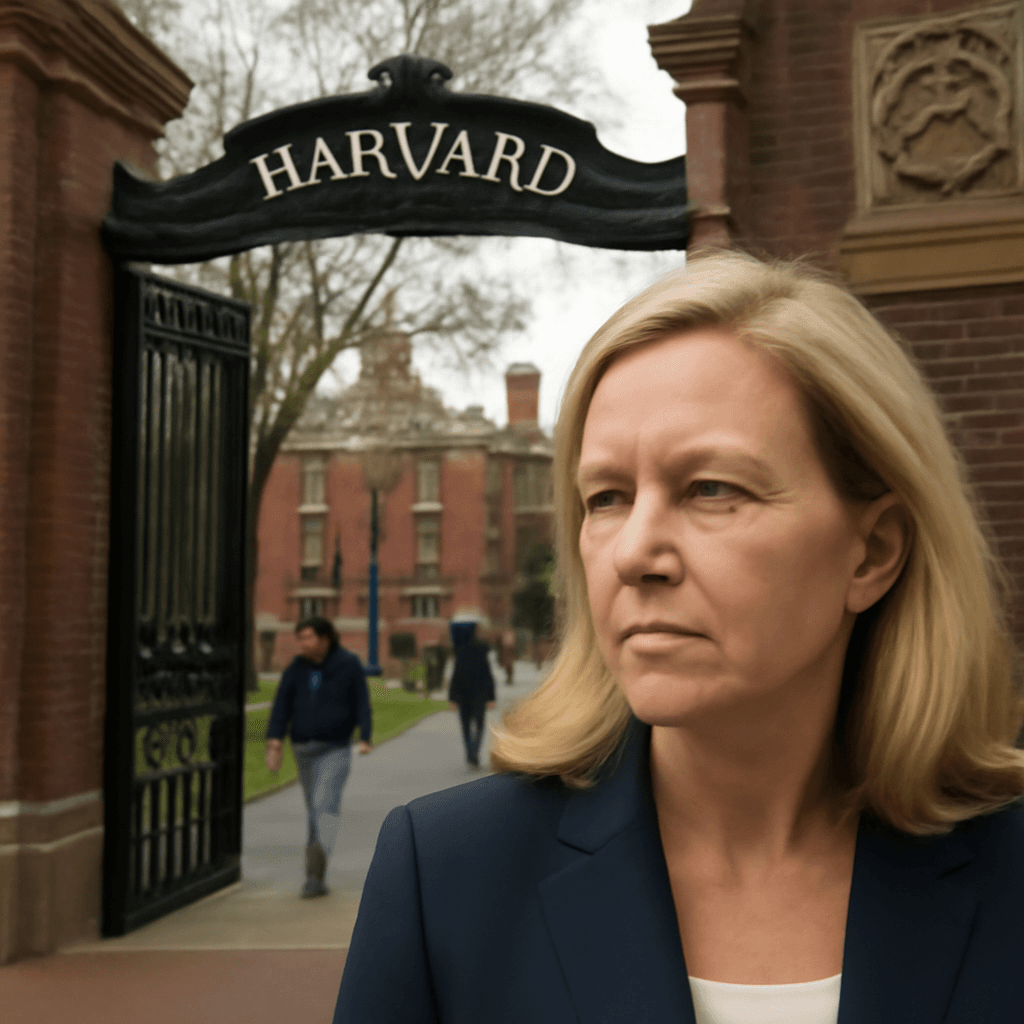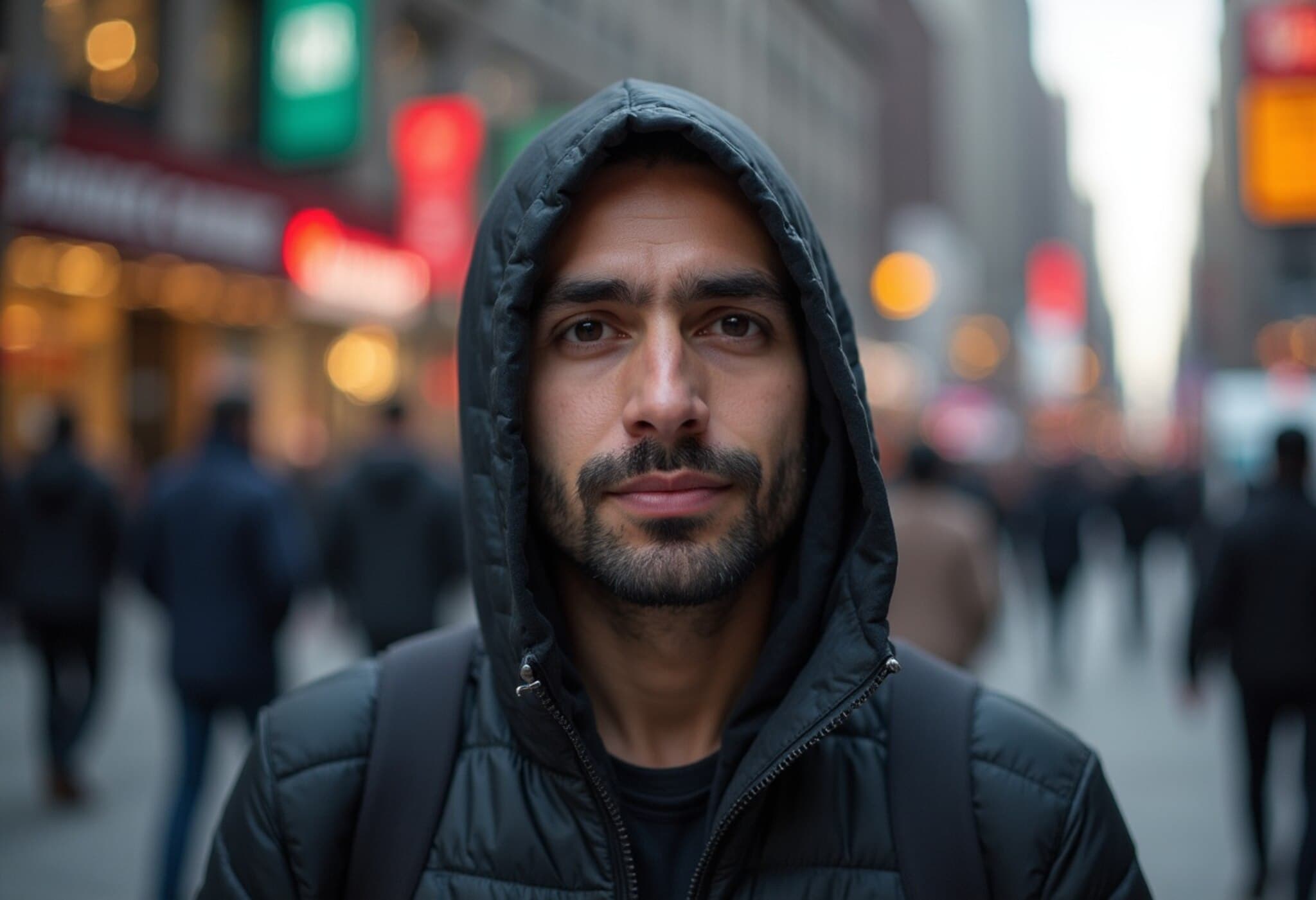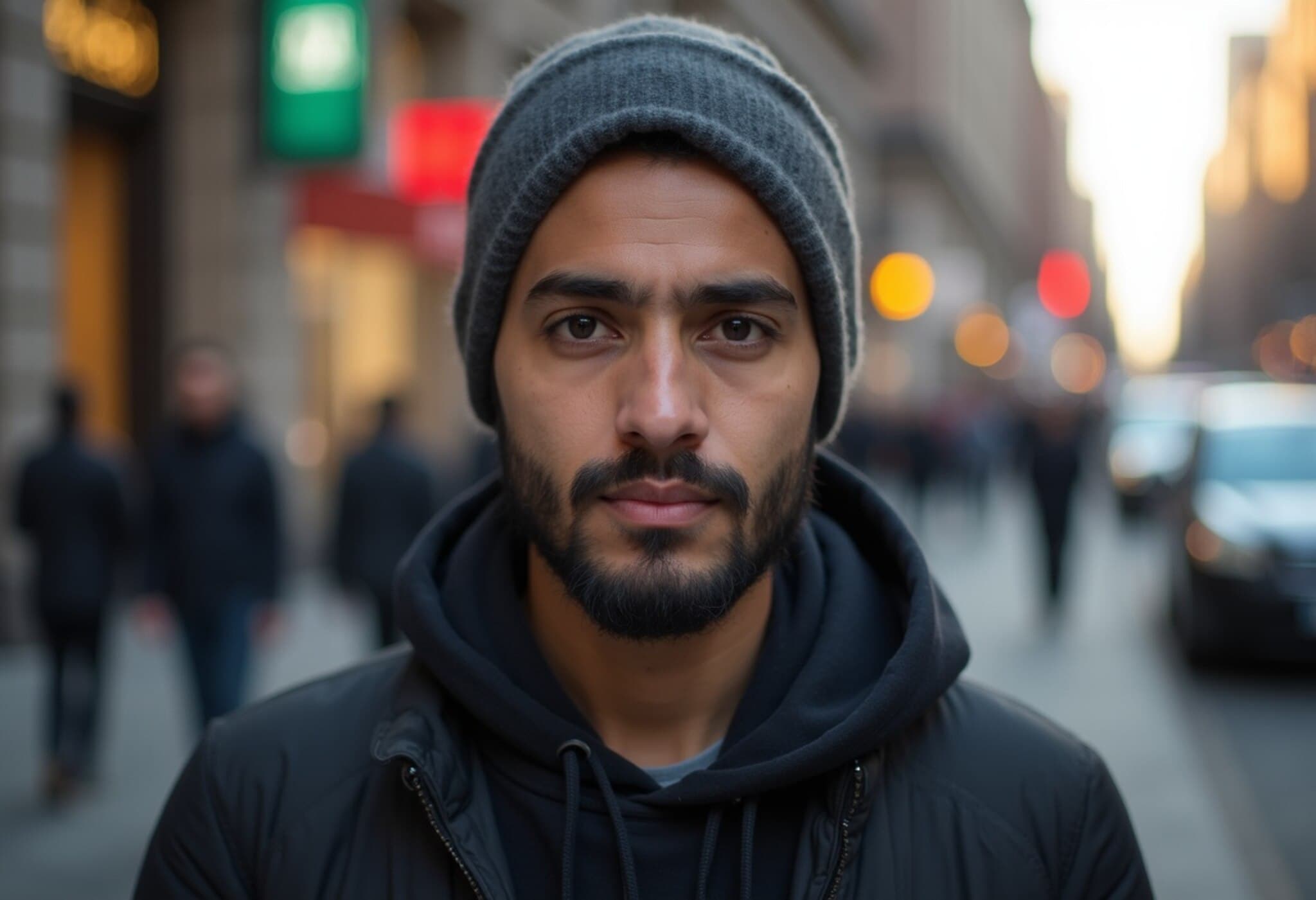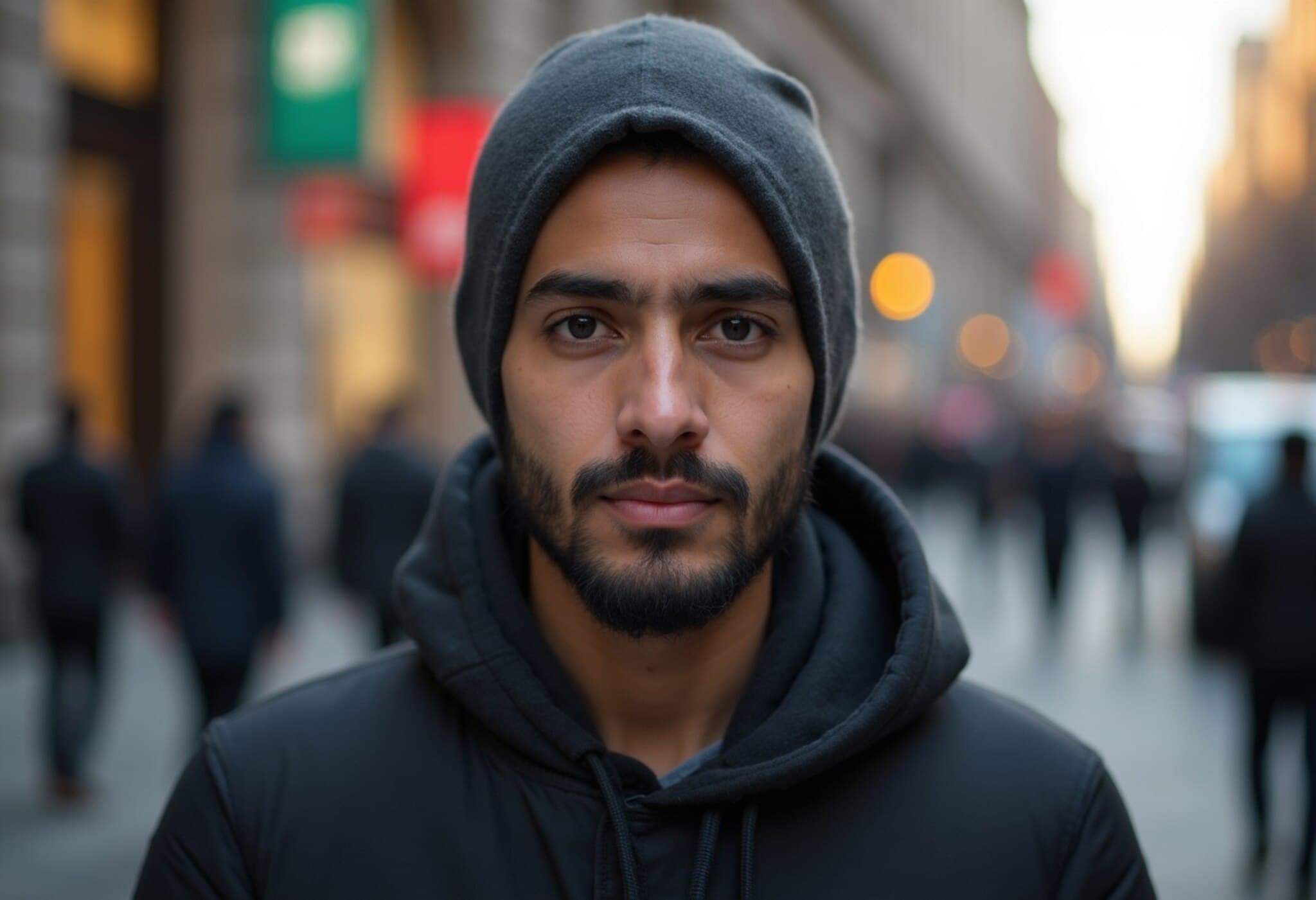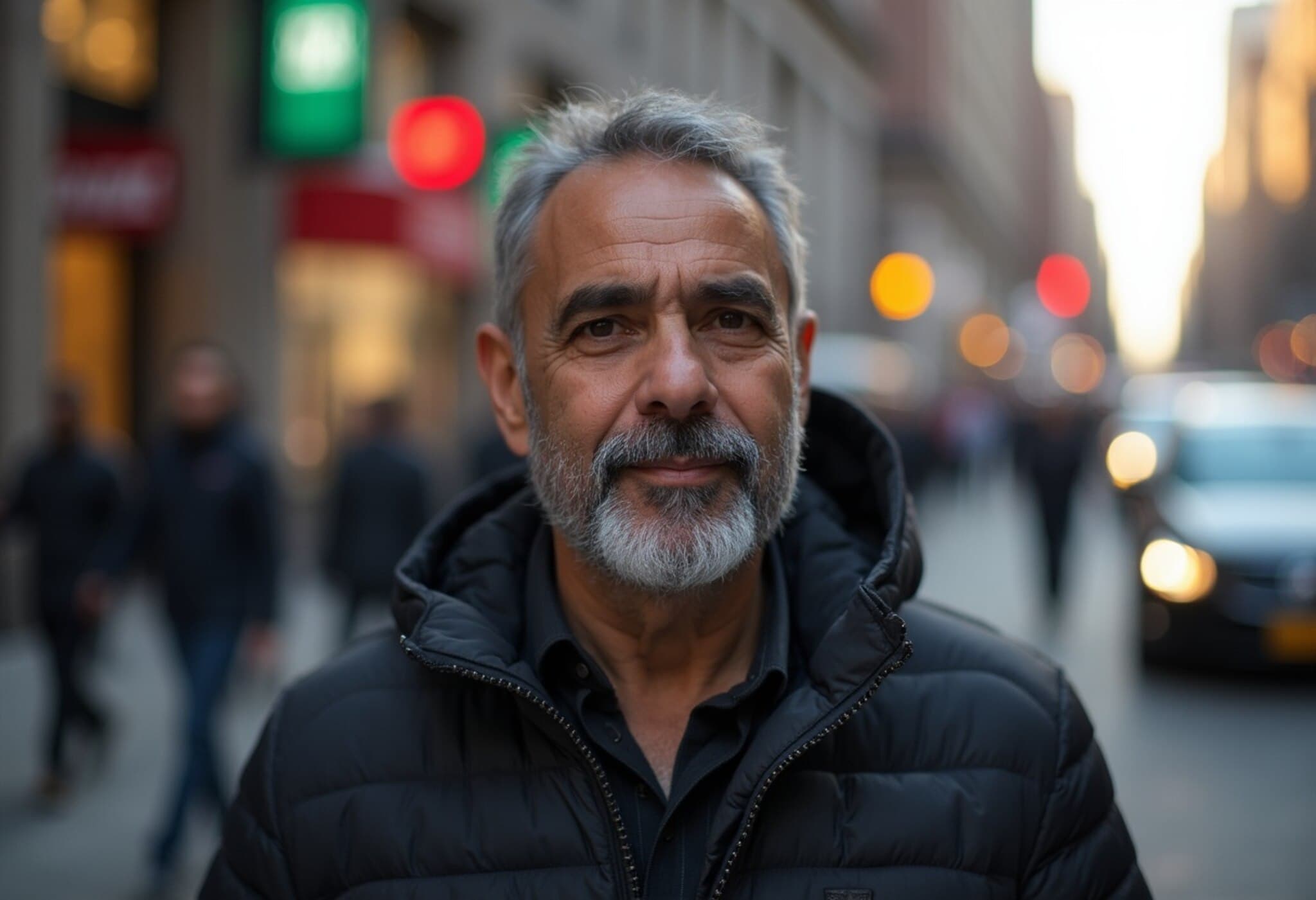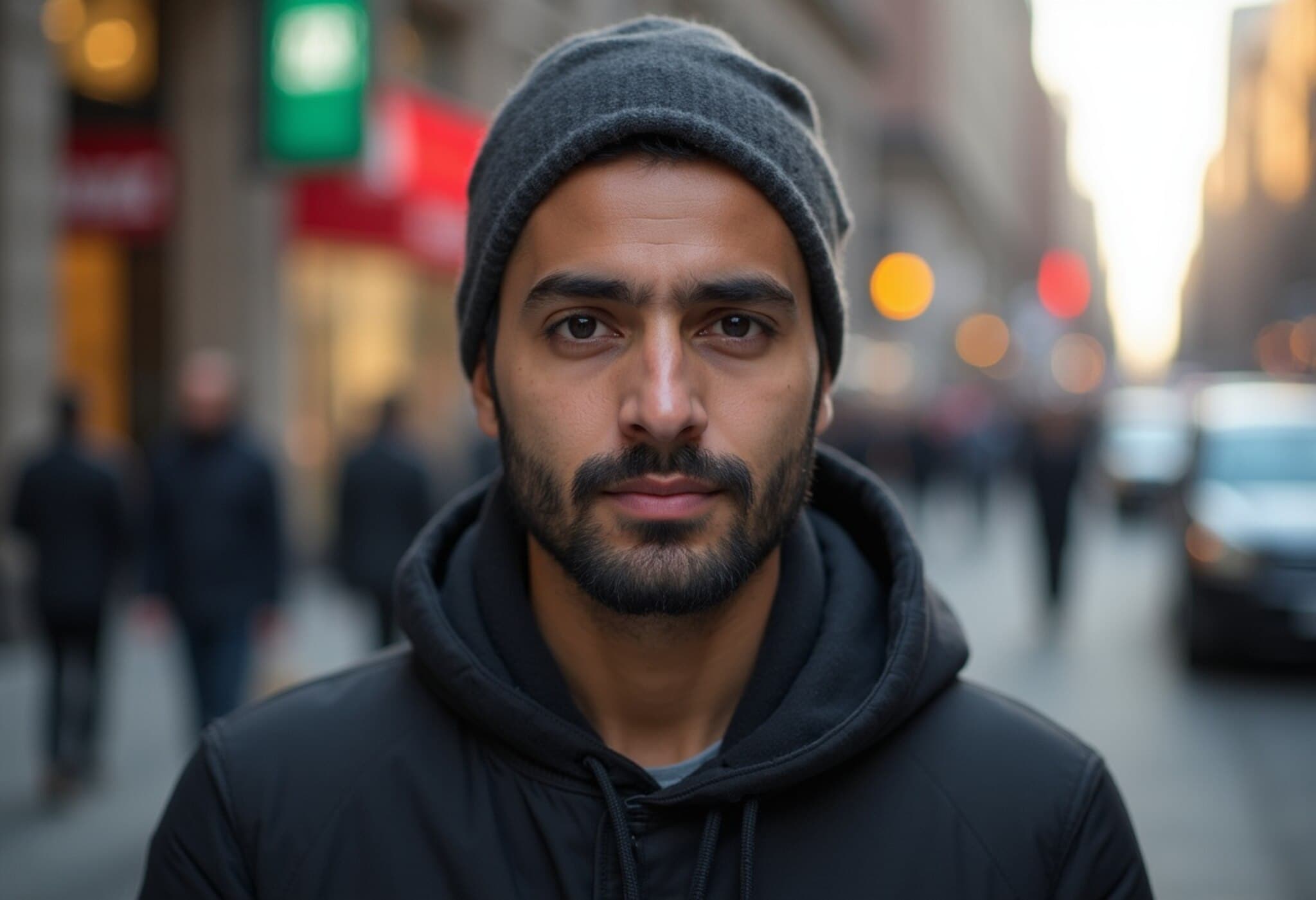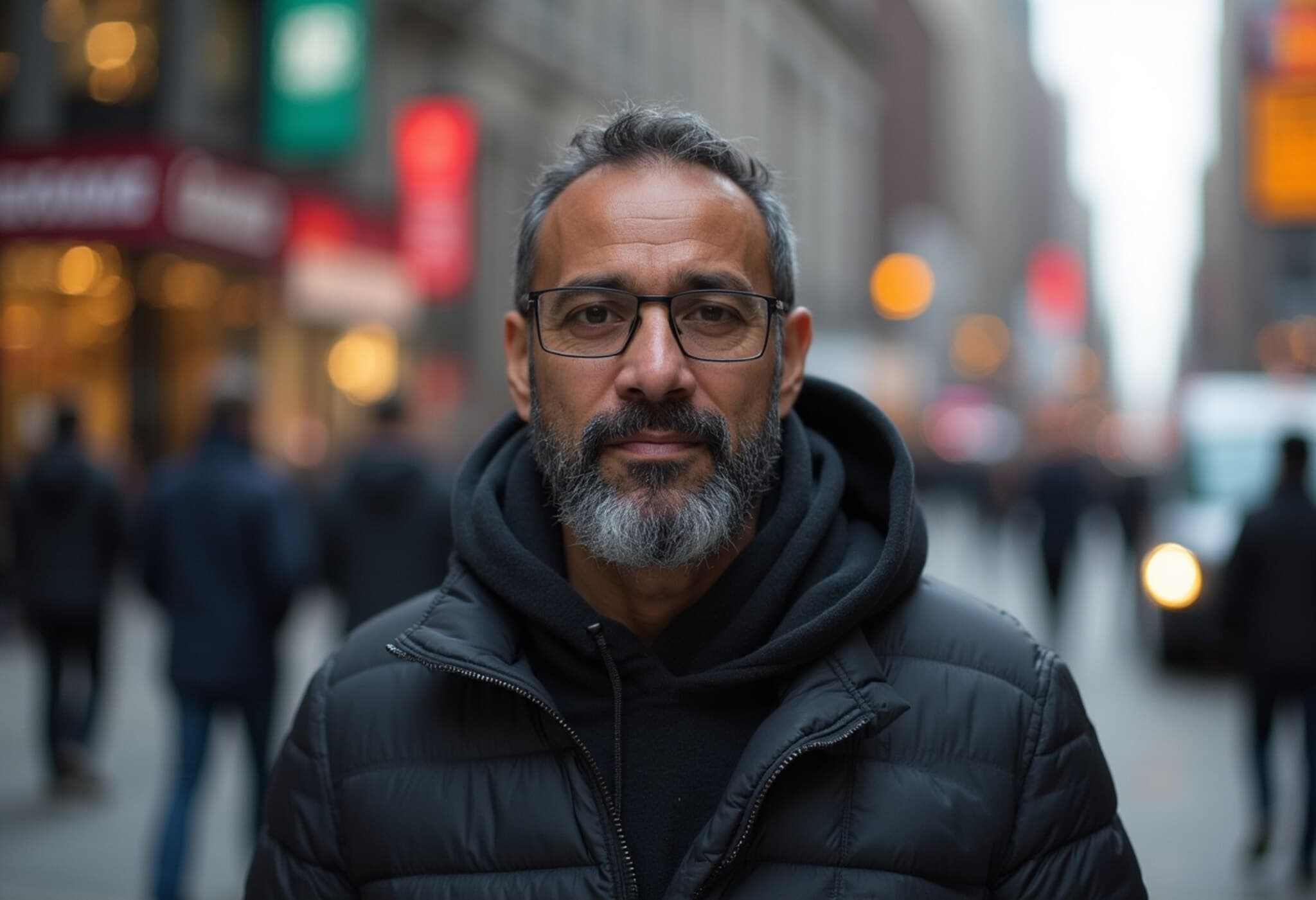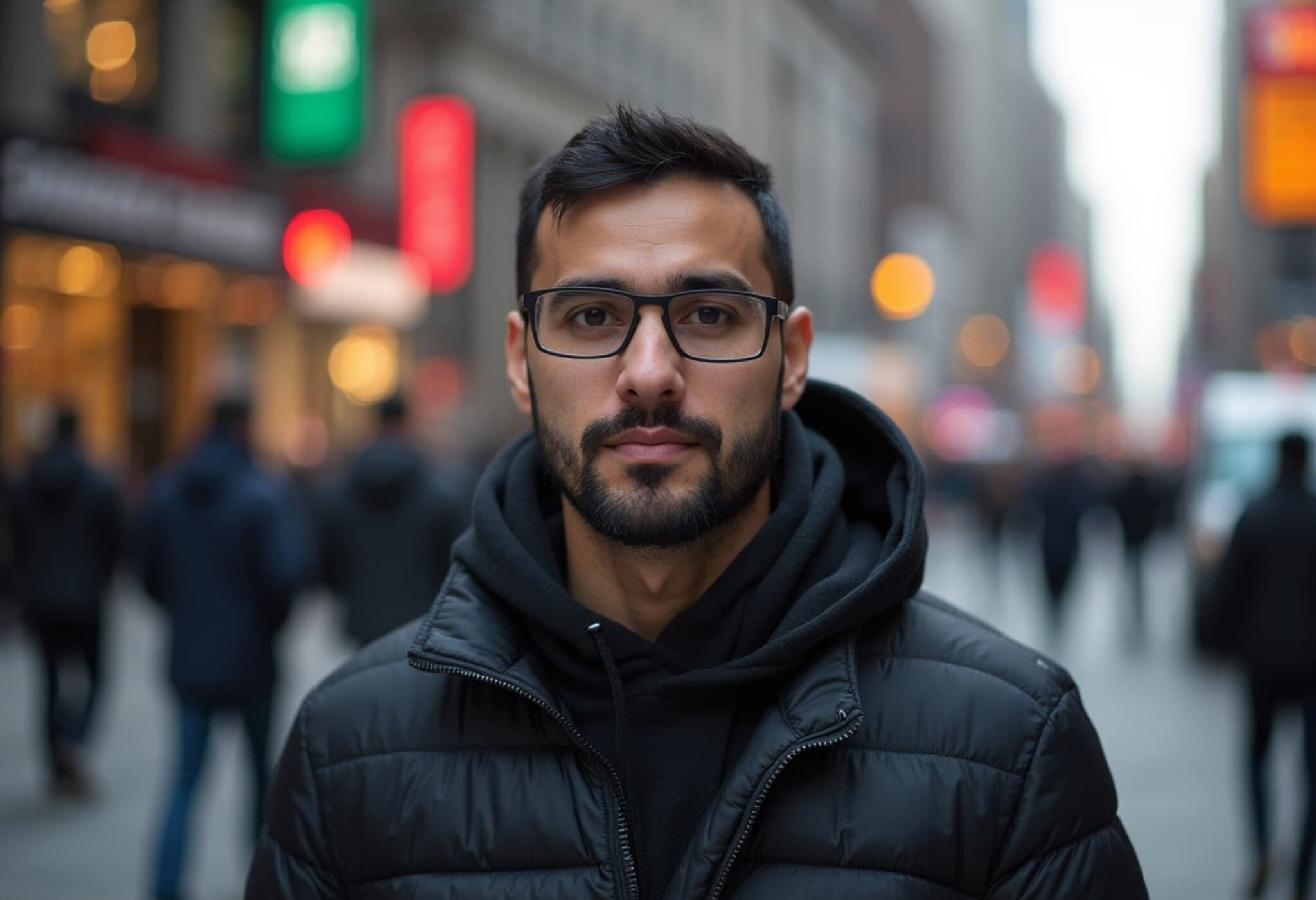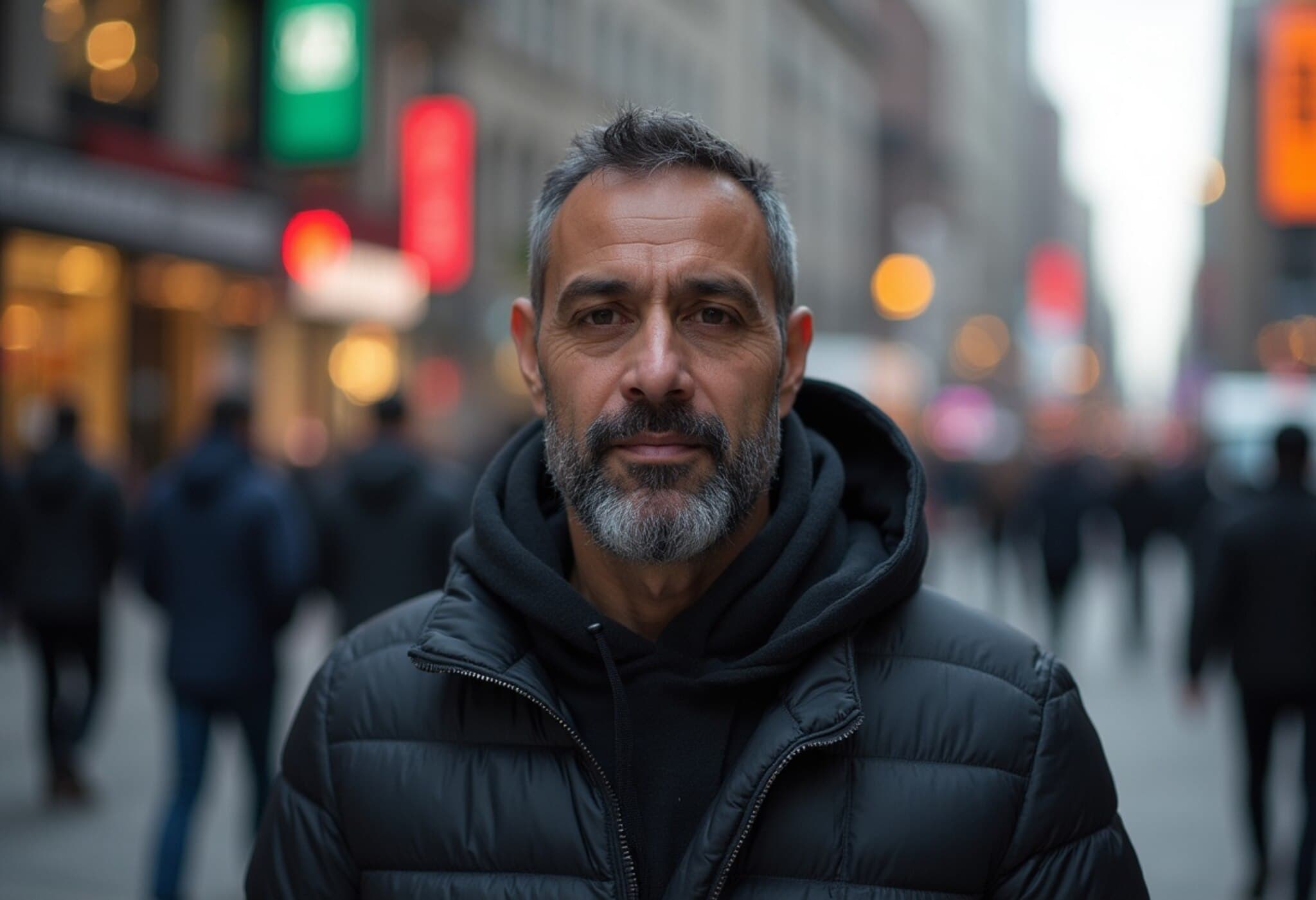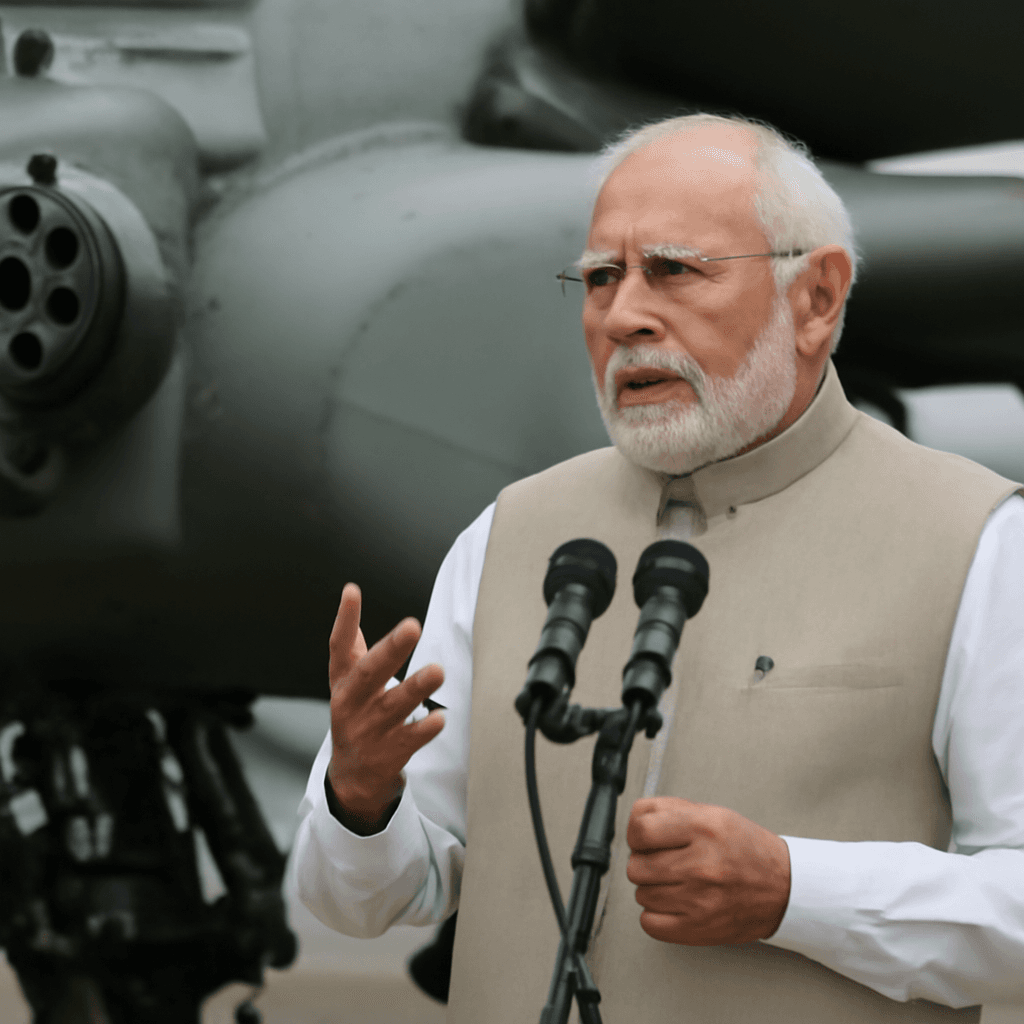Detained Columbia Graduate Highlights Severe Personal and Professional Consequences
Mahmoud Khalil, a Columbia University graduate facing deportation due to his pro-Palestinian activism, has described the profound emotional and professional toll of his detention in recent court filings. His case has drawn attention as a federal judge reviews the constitutionality of the government's efforts to deport him.
Emotional Hardships of Detention
In a 13-page statement submitted to the court, Khalil detailed the deeply personal consequences he has endured. He missed the birth of his first child in April, recounting the heart-wrenching experience of being unable to support his wife during labor. Instead of being by her side, Khalil was confined in a detention center, forced to communicate through a crackling phone line.
"When I heard my son's first cries, I buried my face in my arms so no one would see me weep," Khalil wrote, emphasizing the isolation and distress caused by his detention.
Career and Family Implications
Beyond the emotional challenges, Khalil highlighted the potentially career-ending consequences related to his arrest. Notably, Oxfam International rescinded a job offer to him for a policy adviser position. Additionally, his mother’s visa application to assist with caring for his infant son has come under federal review, further complicating family support during this critical time.
Legal and Constitutional Concerns
Khalil, a legal U.S. resident who fled political persecution in Syria, expressed disbelief at facing immigration detention in the United States due to his political activism. He questioned the fairness of facing penalties for protesting alleged human rights violations against Palestinians.
A Department of Homeland Security spokesperson advised that Khalil could avoid detention by self-deporting under an administration program offering financial incentives and a free return flight. However, Khalil’s green card is reportedly being revoked, raising significant legal questions.
Last week, a federal judge in New Jersey raised constitutional concerns about the deportation proceedings. Judge Michael Farbiarz remarked that the government's justification—that Khalil’s beliefs threaten U.S. foreign policy—could lead to arbitrary enforcement and jeopardize constitutional protections.
Campus Impact and Broader Implications
Khalil’s detention has reverberated through Columbia University. His wife, a U.S. citizen, described the personal strain without his support during their son’s early weeks. Students and faculty noted a chilling effect on campus activism, with some reluctant to participate in protests or discussions related to the Israeli-Palestinian conflict due to fears stemming from Khalil’s case.
Khalil was initially detained on March 8 in the lobby of his university-owned apartment, marking the first arrest under a broader government initiative targeting students protesting Israel’s actions in Gaza.
Key Facts
- Detention Date: March 8, 2025
- Location: Louisiana detention center
- Family Impact: Missed birth of first child, restrictions on mother's visa
- Career Impact: Rescinded job offer from Oxfam International
- Legal Issue: Questioned constitutionality of deportation due to political activism
The case continues to attract legal scrutiny and public attention as the federal judiciary weighs the implications for free speech and immigration enforcement.

